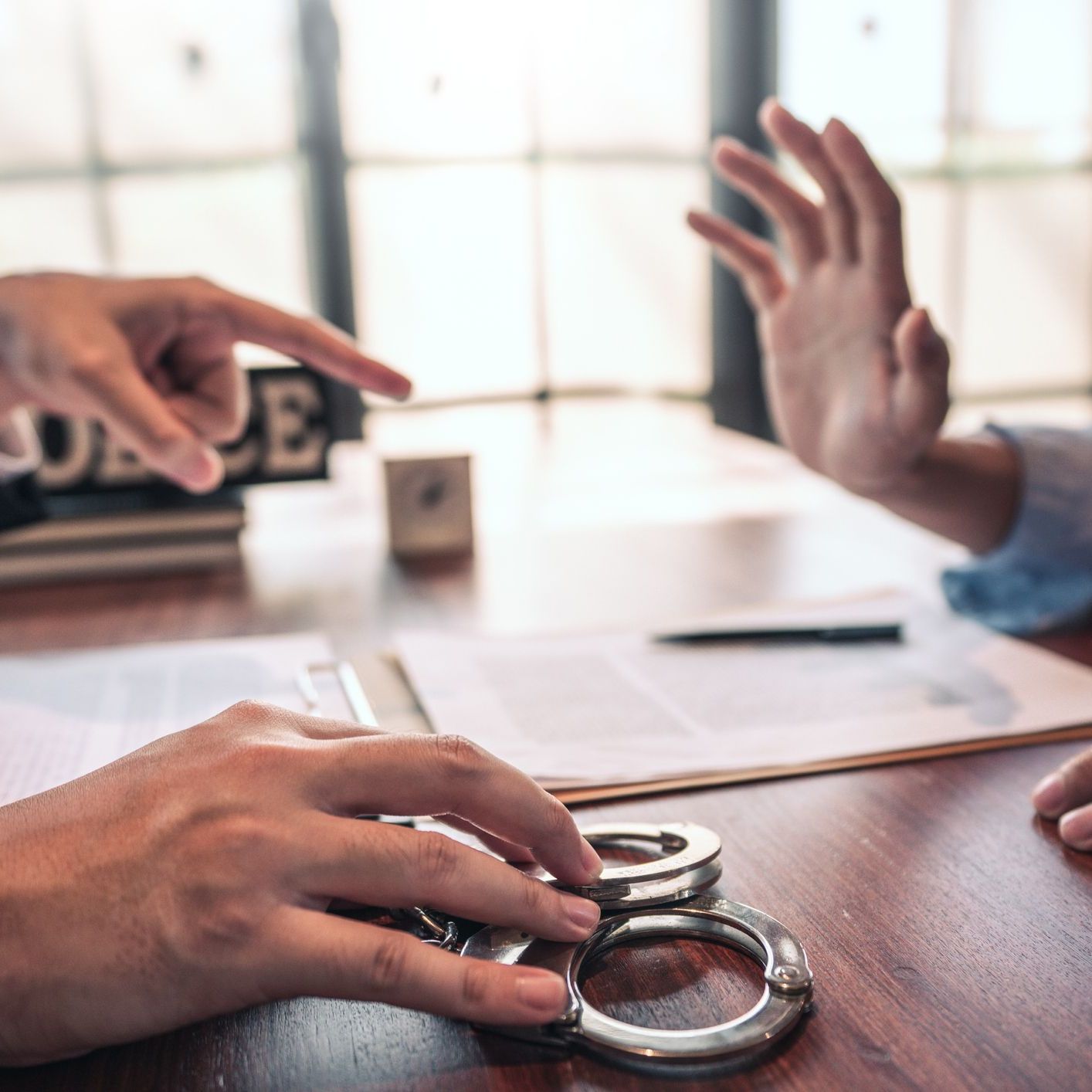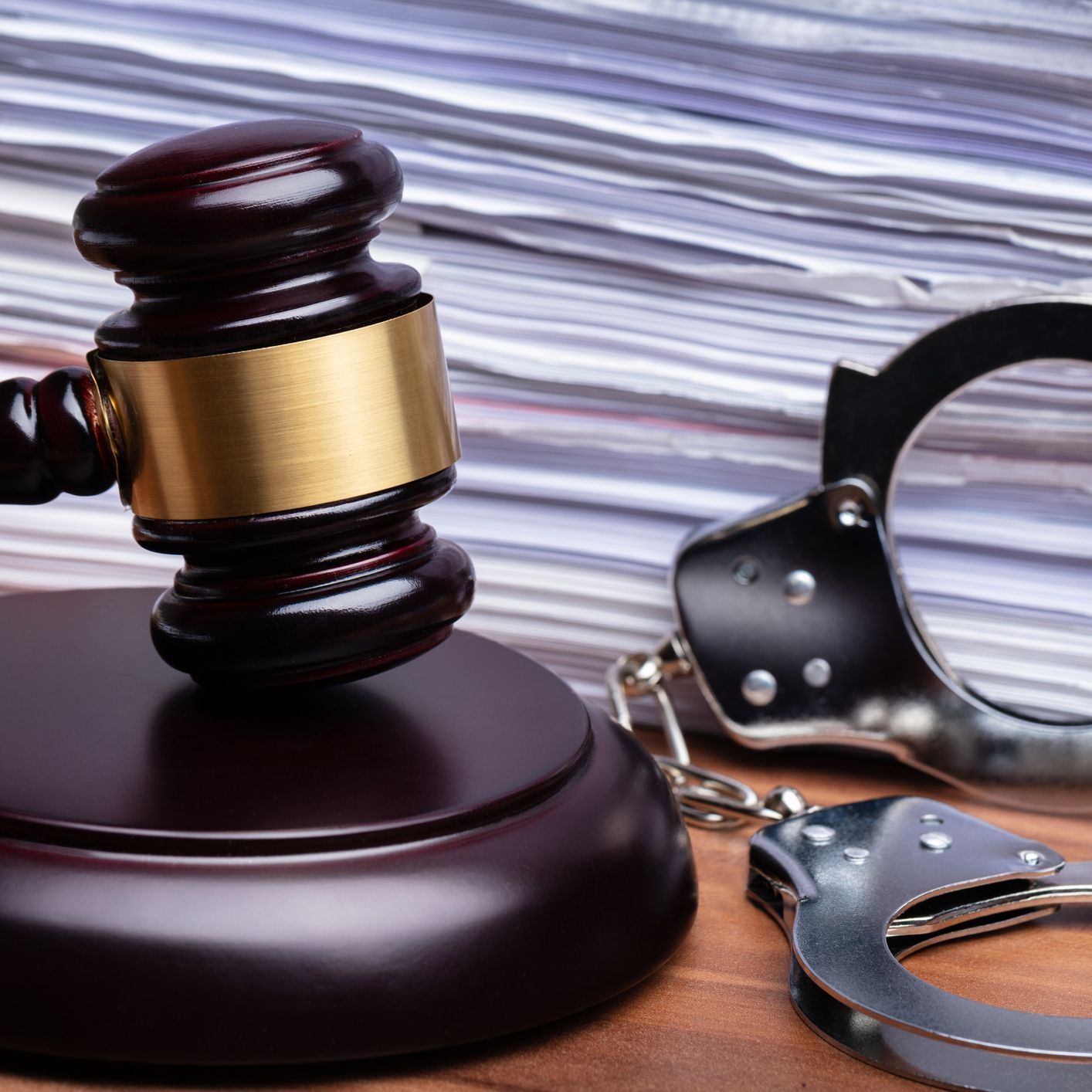
What is Probation?
In Georgia, individuals convicted of felony or misdemeanor criminal offenses may be placed on probation. Probation is an alternative to a jail sentence. For example, many times courts will sentence a defendant and say, “I hereby sentence you to 12 months in the county jail suspended upon the completion of other requirements.” The term “suspended” here means that you will be placed on probation instead of having to spend the next 12 months in the county jail.
Another example of how courts may sentence you to probation would be by saying, “I hereby sentence you to a 3-year probated sentence.” Again, probation is the alternative to a jail or prison sentence. In this regard, probation can be a major blessing when compared to the alternative of being incarcerated.
Types of Probation Violations
It may be a blessing, but there are usually several terms and conditions that the court requires you to comply with while serving on probation. A violation of these terms and conditions can result in the following types of violations:
1. Technical Violations
These are violations of your common conditions of probation. If you are found to have committed a technical violation, the court shall consider the use of alternatives to include community service or probation detention centers. Courts may be reluctant to sentence you to jail time for a technical violation. But if no alternative exists, the court can revoke the remaining balance of your sentence or sentence you to a maximum of 2 years in jail, whichever is less. Common examples of technical violations are any of the following:
- Not reporting to your Probation Officer as directed
- Not paying your fines or restitution on time
- Not performing community service
- Failing drug tests
2. Substantive Violations
Substantive violations occur whenever you are arrested for committing a new offense while on probation. These violations are usually the most serious types of probation violations. If you are found to have committed a substantive violation, the court may revoke the remaining balance of your probation to jail or the maximum sentence you could get for your new crime, whichever is less. Judges are usually less lenient in situations where criminal laws are violated compared to when technical violations occur.
3. Special Condition Violations
When you’re sentenced in your case, the judge can impose a set of court ordered special conditions to your probation. Every case is a little different, so your special conditions may be different than others. A violation of special conditions is usually seen as more serious than a technical violation but less serious than a substantive violation. If you have violated one or more of your special conditions of probation, the court may revoke the remaining balance of your probation period to jail. Common examples of special conditions are any of the following:
- Violating no contact order with codefendants or victims
- Not maintain employment after being court order to maintain employment
- Not completing drug treatment after being court ordered to complete it

Motion to Modify/Revoke Probation
In violation of probation cases, probation officers work closely with the district attorney to try to prove that a violation occurred. When they decide to violate you, probation officers will sign and file a form called a Motion to Modify/Revoke Probation. You will receive a copy of this motion and so will the court.
This motion will explain what you are on probation for, and it will also lay out the conditions that you are alleged to have violated. In the Ogeechee Judicial Circuit, your attorney will need to reach out to your probation officer or the prosecutor to discover what the recommended sentence is for your alleged violation.
Can My Probation Be Revoked?
Even if your probation officer filed a motion to revoke probation, the Court cannot revoke probation or modify the terms unless you admit the violation occurred or unless the evidence presented at the revocation proceeding establishes by a preponderance of the evidence that a violation occurred.
In a criminal trial the standard of proof is beyond a reasonable doubt. This is the highest standard in all of the law. Unfortunately, the burden of proof referred to as preponderance of the evidence is not nearly that high. In revocation proceedings, the judge will always decide whether the evidence meets this lower standard. Preponderance of the evidence in this sense basically means whether it’s more likely than not that a violation occurred.
A following is a good example of how beyond a reasonable doubt and preponderance of the evidence differ:
While client was on probation, client was arrested for possession of drugs when he was a passenger in a car driven by the true dui drug possessor. Client and the true dui drug possessor were both arrested. Even though, the client may not be guilty beyond a reasonable doubt of having possessed the drugs, the judge may still find that the evidence presented is enough to conclude that the client violated the terms of his probation.
I Violated My Probation, Should I Tell My Probation Officer?
Even if you violated the terms and conditions of probation, there is still a chance that nothing will happen. Many times, our clients violate their probation by getting arrested on a new offense. In situations like this, it is common for the probation officer to initially be unaware of the new crime. If you’re concerned that your probation officer will discover your violation, you should reach out to a criminal defense law firm.
Your lawyer will likely advise you to be honest with your probation officer. Generally, honesty is the best policy. It’s likely the probation officer will eventually find out about your new alleged violation anyways. The probation officer will probably appreciate your honesty and might even decide based on your honesty to not file a petition to modify or revoke your probation.
What Happens at Probation Revocation Hearings?
After you’ve received a copy of your motion to modify/revoke probation, a probation violation hearing will be scheduled in your case. By the time it gets to this stage, you should have already retained a criminal defense lawyer. Your lawyer should be there with you at your hearing.
There are three ways to handle a probation revocation hearing.
1. Deny that a violation occurred and have a hearing
The prosecutor will begin by calling their witnesses to testify against you. The state will usually call probation officers, law enforcement officers, and even victims to testify against you. You or your criminal defense attorney will be able to cross examine all of the state’s witnesses.
In probation hearings, the rules of evidence apply. However, the rules are not as stringent as in a criminal trial. Under some circumstances, even hearsay is admissible to show that a violation occurred. For these reasons, it’s important that you hire a criminal defense lawyer.
Once the prosecutor is finished with his case, you and your attorney can present other relevant evidence in your case. The state will also have the right to cross examine your witnesses. Once the evidence rests, arguments will ensue. Your attorney will argue as to why the state has not met its burden.
Once arguments are finished, the judge will decide whether the state has proven by a preponderance of the evidence that a violation has occurred. If the judge finds that a violation has occurred, there will then be argument as to what sentence to impose. Your attorney will argue on your behalf and the prosecutor will argue on behalf of the state. The judge will decide what your sentence will be.
2. Admit that a violation occurred, but argue disposition
In our experience, many clients choose this route. Even though the standard of proof in probation violation cases is already low, you should still speak with a criminal lawyer prior to making an admission. Before your hearing, your attorney can meet with the prosecutor to negotiate what the sentence could be in return for your admission that a violation occurred. The prosecutor may give you a better recommendation for not holding them to their burden and for waiving the hearing.
Sadly, prosecutors and defendants don’t always agree on what sentence is proper. In these situations, a dispositional hearing is required. Your attorney will argue why you should continue on probation or why you should go to drug treatment instead of prison. The prosecutor may argue for the opposite. The judge will decide.
3. Admit that a violation occurred, and agree to disposition
This is the easiest solution, but maybe not always the best solution. In this situation, you and the prosecutor will have all the details already worked out and agreed upon. This is a called a joint recommendation. This joint recommendation will be submitted to the judge, and the judge will have the option to accept it or deny it. You should really speak to a criminal lawyer prior to admitting that you violated the terms of your probation.
Penalties for Violating Probation
There are several potential penalties for probation violations. Some of the most common include:
- Drug Court, Drug Counseling, Inpatient Treatment, or Residential Substance Abuse Treatment
- More community service, particularly when you’re unable or failed to pay the fines
- Probation Detention Center, usually anywhere from 90-180 days
- County jail time, mostly with misdemeanor probation violations
- Prison time, mostly with felony probation violations
- Revocation of probation, the remaining balance of your probation revoked to jail or prison, this means when you get out of jail or prison, you no longer will have probation anymore in this case.
- Any other creative solutions that your criminal lawyer, the prosecutor or judge can come up with
Contact a Probation Violation Lawyer Today
If you are facing a probation revocation hearing, it is important that you contact a criminal defense attorney as soon as possible for legal advice. At Joseph Williams Law, our attorney has represented several clients in probation revocation cases. We realize how important the implications are in probation revocation matters, and we promise to be by your side the entire way. Please contact us online for a free consultation today.
Contact us
how can we help you?
Are you in need of a qualified lawyer in South Georgia? Williams Law is here to help with unmatched knowledge of the law and a personal approach with your best interests at its center.
We offer free consultations: let us know the details about your case in the box below, and we will get back to you within 24 hours.
